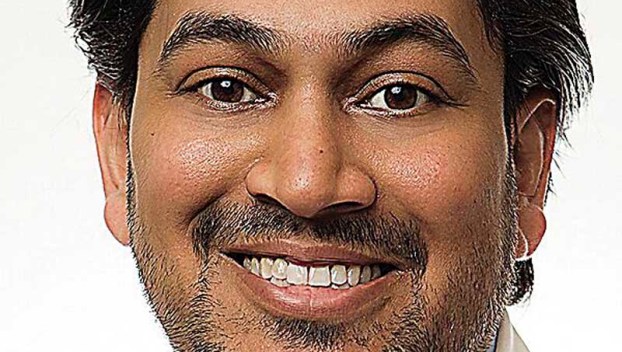
Lifestyles
MEDICAL COLUMN: Obstructive sleep apnea can be serious if untreated
Do you snore, gasp for air while sleeping or feel excessively tired during the day? If you have, ... Read more

Do you snore, gasp for air while sleeping or feel excessively tired during the day? If you have, ... Read more

Are you always tired? Do you feel like you need a nap, even after a full night’s sleep? Read more
Getting a solid night's sleep is crucial not only for feeling good the next day - there is ... Read more